Welcome to APA Learn!
Explore the catalog by scrolling through the courses on each page or by filtering by topic, price, credit type, or credit amount. Your purchased courses will appear in your APA Learn dashboard.

Freight decarbonization is crucial for cities facing growing logistics demands, pollution, congestion, and equity challenges. Planners can lead by integrating innovative, sustainable approaches that balance economic growth, environmental justice, and public health, creating resilient, livable, and inclusive communities.
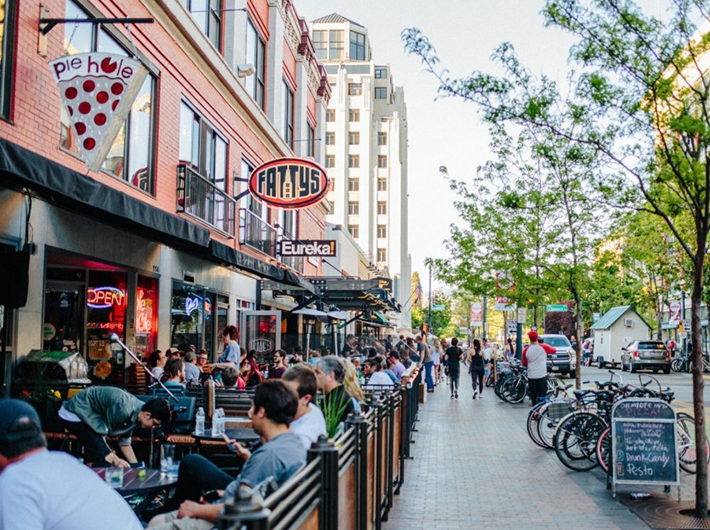
Case studies drawn from “struggling” communities—from a Florida suburb to rustbelt and gateway cities—demonstrate how proactive policies to expand mixed-income housing can serve as a powerful tool to achieve challenging equity, economic development, environmental, and placemaking community-wide goals.

What does it take to decarbonize all 1-4 unit homes in a cold climate city like Minneapolis, and can this be done equitably? Learn how to leverage data and participatory processes to create a roadmap to achieving your climate goals.
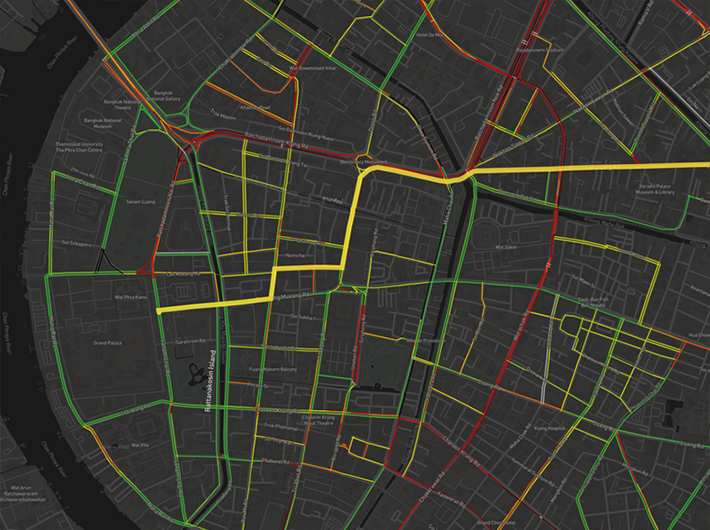
The Safer Streets Priority Finder enables planners to identify high-risk areas for road safety improvements through an easy-to-use web interface, bringing sophisticated safety analysis into reach for agencies without advanced GIS or data analysis skills in-house.

The future is more uncertain than ever before, especially when it comes to natural hazards. This course will explore novel exploratory scenario planning techniques to help you and your community build stronger and more adaptable hazard mitigation plans.

Seven concise, 10-minute presentations delivered by diverse professionals.
This product is not approved for CM Credit.
Nonmember Price: $0.00
Member Price: $0.00
For a complete list of Speakers, click here.

Our cities are not designed for, by, or with teenagers, specifically teen girls. This panel will explore how we can engage youth in the planning process for public spaces that better support their experiences, well-being, and sense of belonging.

Traffic crashes are one of the leading causes of death among children. The Safe Routes to School program emphasizes mode shifts rather than safety. For program success, a focus on speed reductions is needed, in line with Vision Zero Initiatives.

Modelers who prepare planning forecasts face difficult puzzles after 2020: Key time-series data and model assumptions are substantially changed. Commercial real estate space, changed transportation and activity patterns, the economy, in-person work, and residential choice patterns are all affected.
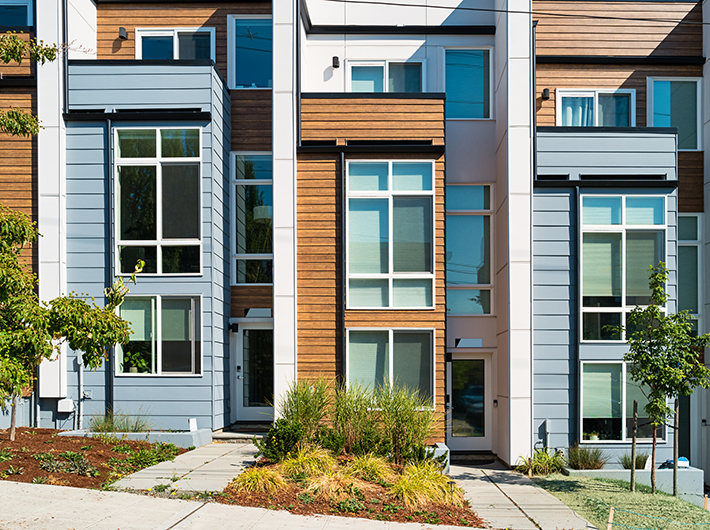
Locally-led solutions are critical for increasing the supply of diverse, attainable, and equitable housing. An innovative partnership of planners, local officials, homebuilders, realtors, and financial leaders have come together to identify new opportunities for reform, including a consensus policy playbook for communities and housing leaders.
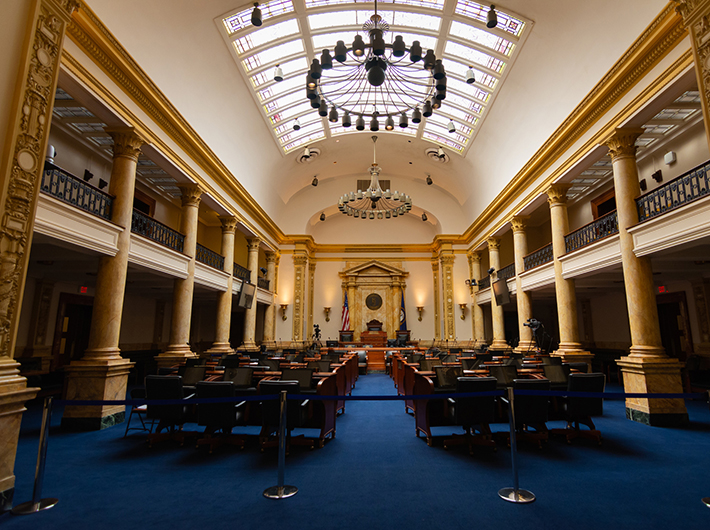
Housing supply and zoning reform are leading the agenda in state legislatures. Learn how state legislators are driving change, building new coalitions, and navigating state politics to enact critical housing reforms. Gain insights on engaging with legislators and supporting state reforms from a planning perspective with a bipartisan expert panel.

In 2024, the pace and impact of state housing reform continued to accelerate. At least 20 states acted on housing supply. As state action grows, experts will examine the policy reforms, politics, and impacts on planning from around the country.
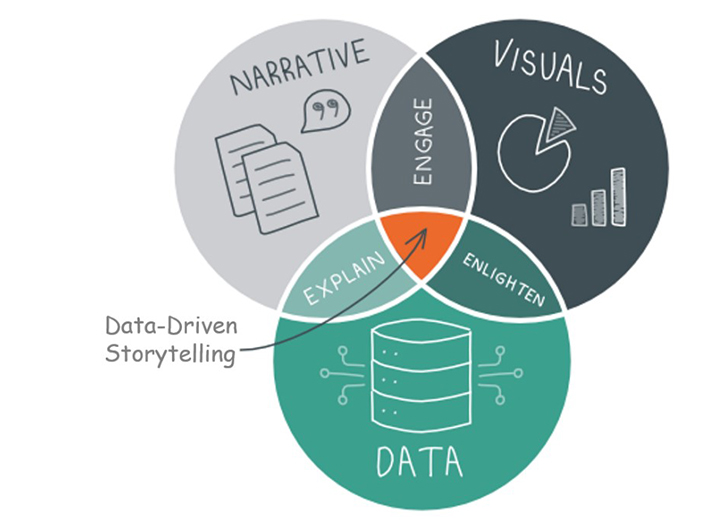
Data is your friend! As planners, our proposed goals and strategies need support based on evidence. Data helps us with this. Join this session to learn ways data helps you supporting your storytelling.
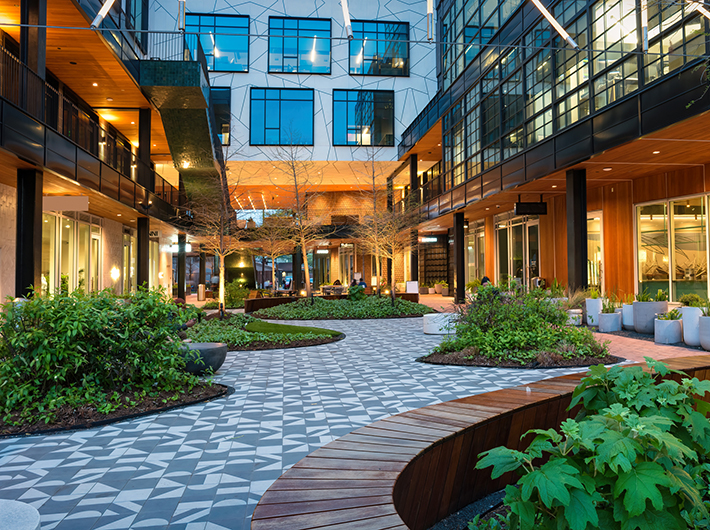
Form Follows Regulation! Learn how Objective Design Standards can help your community achieve more sensitive development than traditional zoning-based regulation, streamline housing review, and empower your planning staff to perform ministerial review as an alternative to difficult discretionary review.

Let’s agree that our streets can BE more and DO more. We all know change is hard and transforming streets for vehicles into streets for PEOPLE is a challenge. Memphis’ approach is creative, artistic, and gaining momentum.
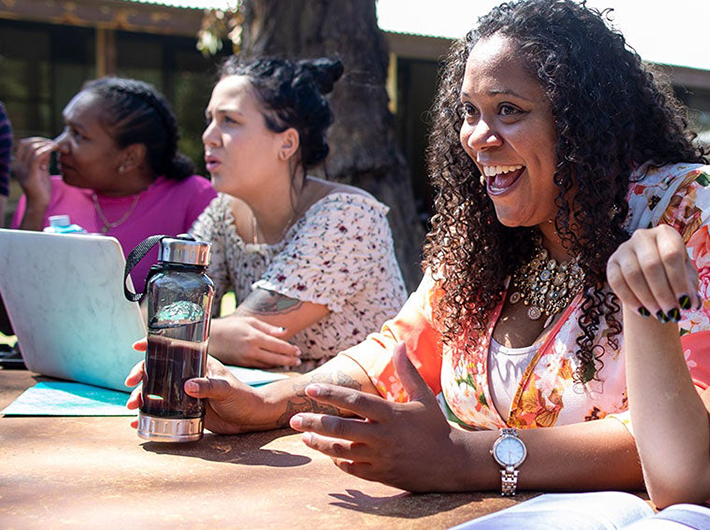
Successful neighborhood planning comes from authentic community engagement. Tucson’s “Thrive” approach goes far beyond checking the box for the traditional community meeting, and radically approaches engagement through relationship-building, empowerment and capacity-building, trust, and investing real dollars into the community.

The session explores the concept, history, and global movement of Passive House. It highlights urban and rural case studies, enabling environments like zoning and building codes, and the pivotal role of planners in supporting sustainable housing solutions.
This product is not approved for CM Credit.
Nonmember Price: $0.00
Member Price: $0.00
For a complete list of Speakers, click here.
This session provides an important opportunity to convene to discuss the Commonwealth-led Call to Action on Sustainable Urbanisation (CTA) and the Declaration on Sustainable Urbanisation, share good practice and explore strategies for creating a practical plan of action.
CM I 1.00 (1.00 Sustainability & Resilience)
Nonmember Price: $40.00
Member Price: $20.00
For a complete list of Speakers, click here.

We’ve got this! Plans are approved, the community is supportive of projects moving forward, then an election happens… now what? Successful planning initiatives and projects depend on political leadership and influences. As planners, we must be ready to pivot and adapt to changes while continuing to create great communities for all.

Regenerative design restores underutilized natural resources through public involvement. This session will discuss how restoring and providing access to a pond has led to project success.
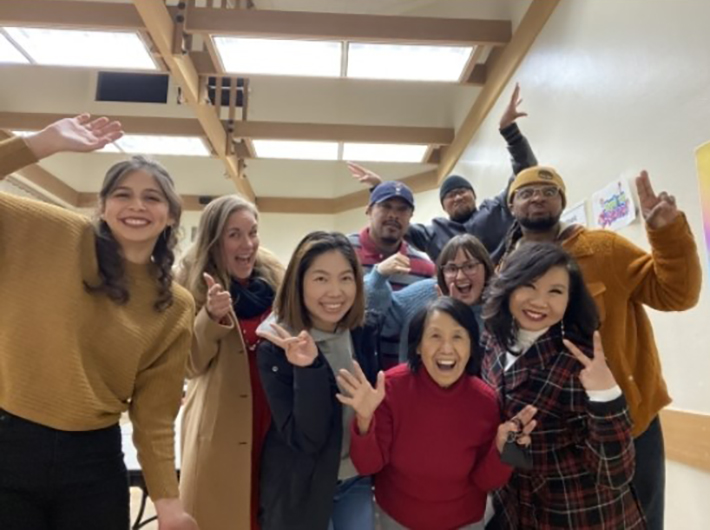
Hear a dynamic conversation on lessons learned from the planning, community engagement, and economic development co-leads of the City of Sacramento’s Neighborhood Development Action Team (NDAT). This initiative supports a community-centered approach to revitalization with a focus on racial equity.

We plan for our communities but rarely plan for ourselves. In fact some of us feel a little selfish when we do. This session will be a thoughtful and candid conversation why this is important and lessons learned.
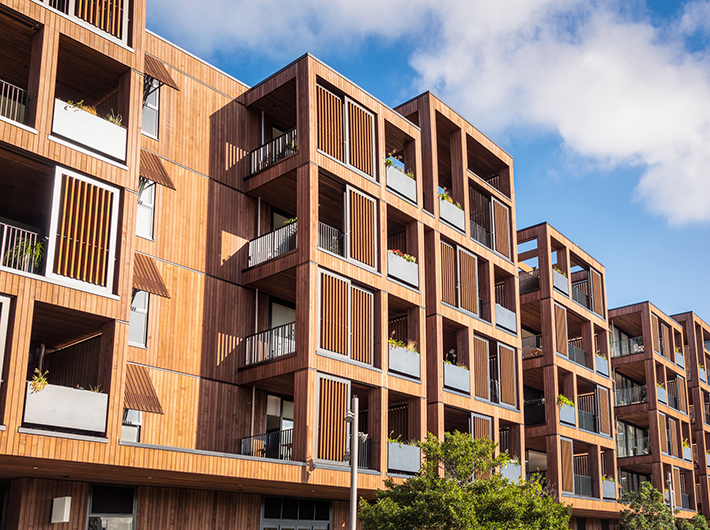
The housing supply crisis is an international challenge. Planners and policymakers in countries around the globe are grabbling with how to increase housing diversity, attainability, and equity. The Presidents of APA, the Royal Town Planning Institute, and the Canadian Institute of Planners will talk about what’s happening in their respective countries and how planners are rising to the challenge.

What we affectionately call The Mothership provides Urban Peak, a local Denver nonprofit dedicated to serving youth experiencing homelessness, with the capacity and space to meet the needs of our community's most at-risk and deserving population.

This session will feature Rochester’s Unified Development Code and will provide strategies around how to reform local zoning to successfully encourage housing affordability/availability along with a real example of how to gain public support to advance planning best practices.
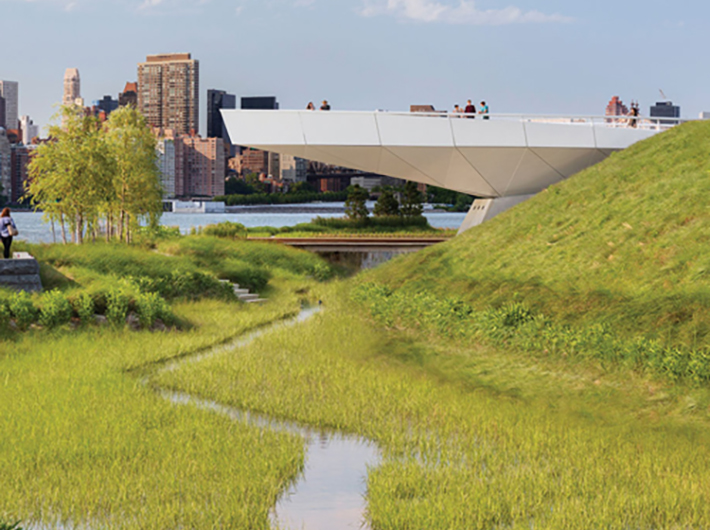
This session sparks dialogue on the role of equity in all work, centered on ASLA's Climate Action Plan. Explore practical strategies for integrating equity into planning and design, ensuring inclusivity and justice in the pursuit of climate resilience.
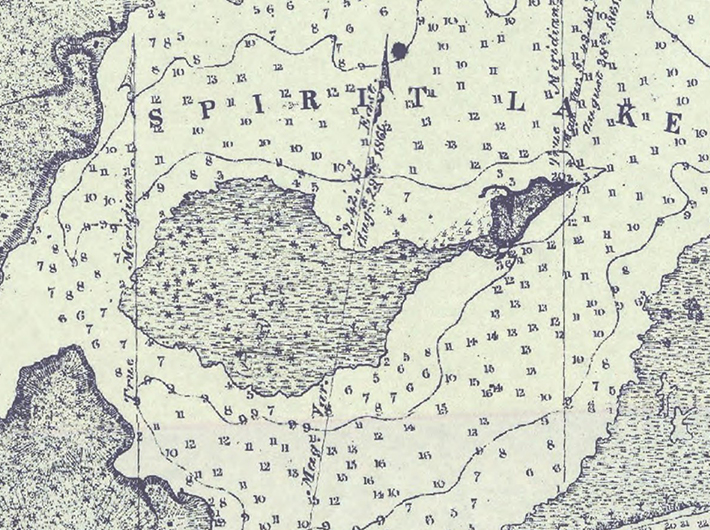
The Red Road elaborates on existing projects and new planning methods used to foreground Native American cultural presence in the St. Louis River Estuary and to reclaim burial grounds and urbanized land from the dominant culture in Duluth, MN.

As gender identity becomes a focal point of political debates and media cycles, it’s timely and important to dig into how gender identity intersects with the transportation world. This panel will build on a report about gender’s role in transit/transportation and a micro transit pilot project in North Minneapolis.

Did you know that women spend around 200 hours every year performing work that is unpaid, unrecognized, and non-promotable? And that's just in the workplace! Join a panel discussion exploring expectations, burdens, and impacts of women's "invisible work."
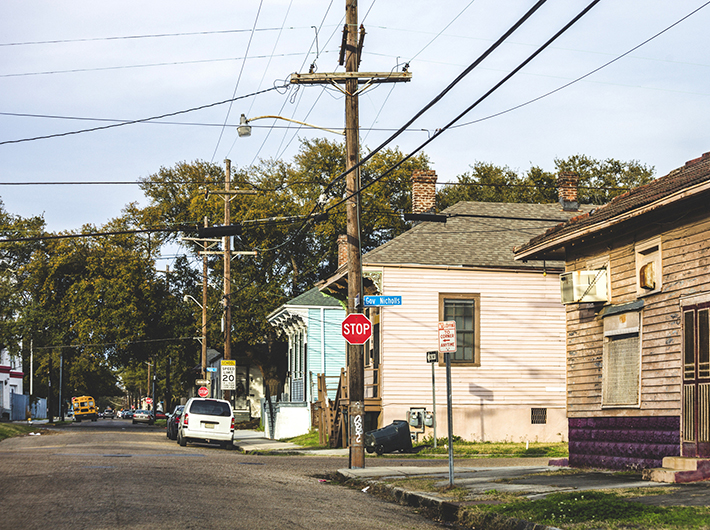
Navigating local politics and regulations is challenging, particularly regarding Historic African American Settlement Communities. Elevating the voices of the public can build political will to overcome regulatory limitations in analyzing Settlements Communities and instill agency expectations focused on Settlement Communities.
